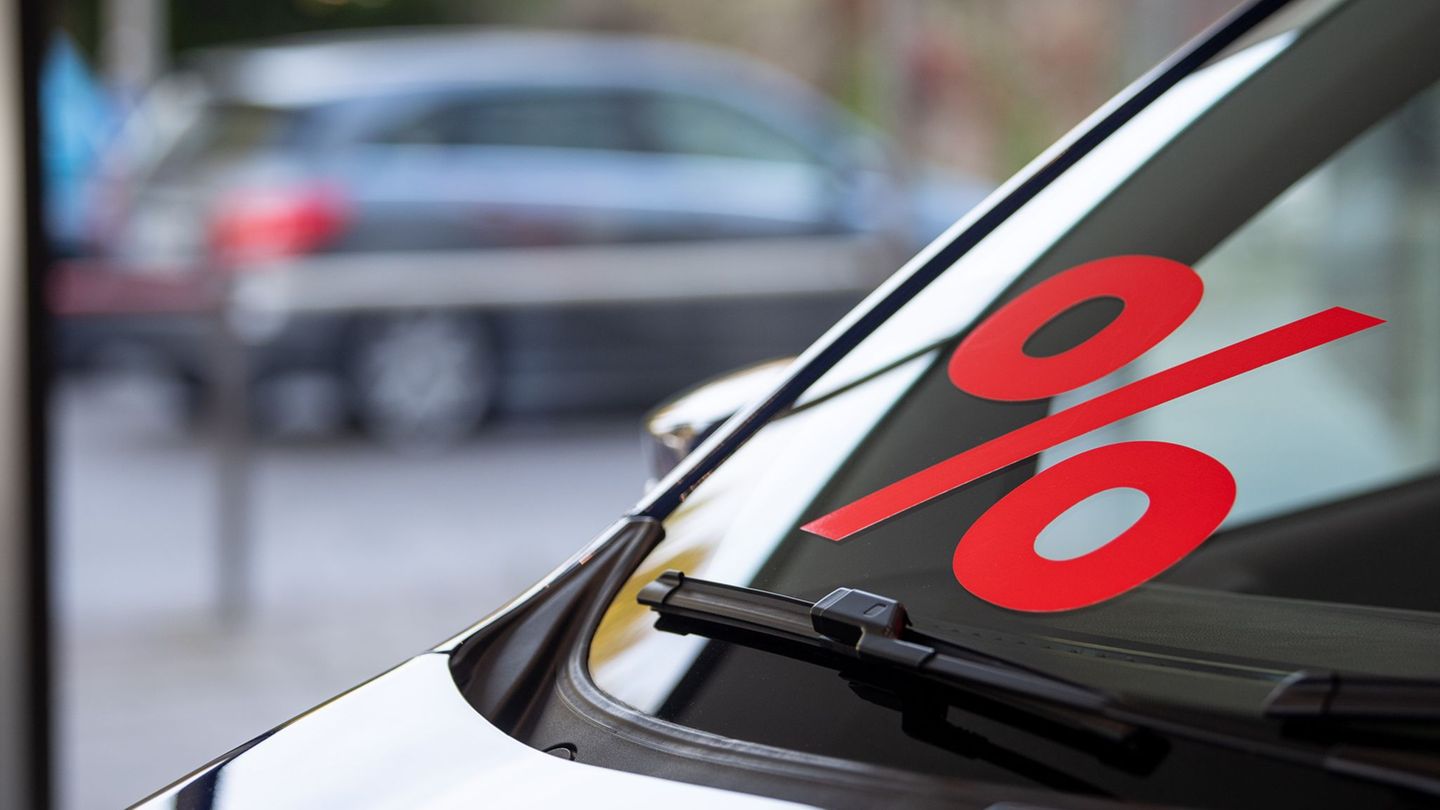Image: APA
The electronics retailer MediaMarktSaturn still wants to rely on its branches in the long term. “We continue to invest in the city centers and will continue to be present there in the future. That’s why we are always looking for new locations,” said Karsten Wildberger, head of Ceconomy and its subsidiary MediaMarktSaturn.
The electronics chain has over 400 stores in Germany and over 50 locations in Austria. For Wildberger, the debate about the lack of attractiveness of inner cities is a “very German discussion”. In Italy and Spain he sees many examples of successfully designed city centers. “In the Netherlands, this is happening very well in the retail sector; the city centers look great.” Investments are being made there in cleanliness, accessibility and good parking options. There is a real mix of shops and restaurants, lots of places to linger and a different awareness. This is also possible in Germany. “We also have beautiful inner cities, but inspiration is often lacking.” Retailers and politicians are asked to make it more attractive.
- You might also be interested in: Franz, Temu, changing times and the lipstick effect [OÖNPlus]
Wildberger is concerned about the renewed insolvency of Galeria Karstadt Kaufhof and expects it to have an impact on inner cities if the department store chain is less present there. “I don’t want to speculate about the reasons. Every company has to find the right way to reflect the changed customer behavior in its business model.” In his own words, he does not expect Media-Markt and Saturn to suffer the same fate. “We have to offer customers what they are looking for on all channels. People have higher expectations today. We have to live up to that.”
Company well positioned
The electronics retail chain had a lot of catching up to do, said Wildberger. Now he sees the company in a good position. They invested in employee training, renovated half of the stores and introduced experience areas. Customers could try out vacuum cleaners, no longer just look at coffee machines but also test them, and young people could play computer games in special areas. “We offer customers an experience in the area and see that it is well received.”
Wildberger does not believe that it will be more difficult to attract visitors to the branches. It is important to be able to look at products, try them out and compare them. “Customers often receive much more information from a specialist advisor in the market than online.” He relies on a cross-channel business model. The integration of online and stationary business is successful. 38 percent of customers picked up the goods from the markets and then went shopping. Wildberger sees an advantage for his business area: “Technology will increasingly influence people’s lives. So the trend is very positive for us.” At the same time, the need to find one’s way in a complex world is increasing.
Learn from online competition
Wildberger is following the spread of Chinese online shops like Temu with interest. Many Asian companies rely heavily on social commerce. “They sell their products to very specific target groups via social networks such as TikTok and other platforms or use influencers. We can learn a lot from that.” However, it must be ensured that all providers comply with European laws. “The implementation of the regulations on import regulations, sustainability and supply chains must be guaranteed. We need the same rules of the game for everyone.”
more from economics




